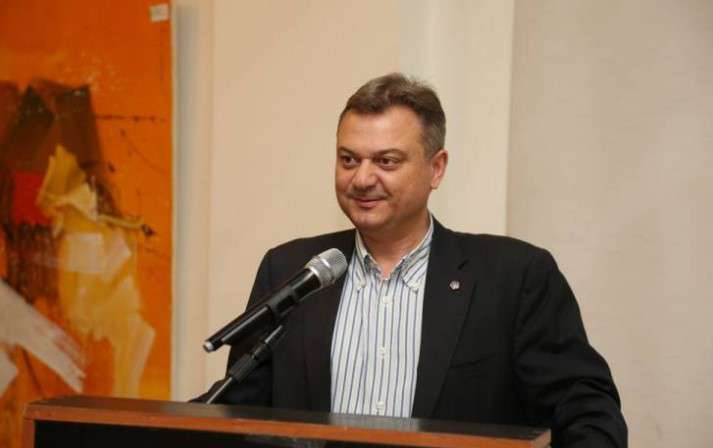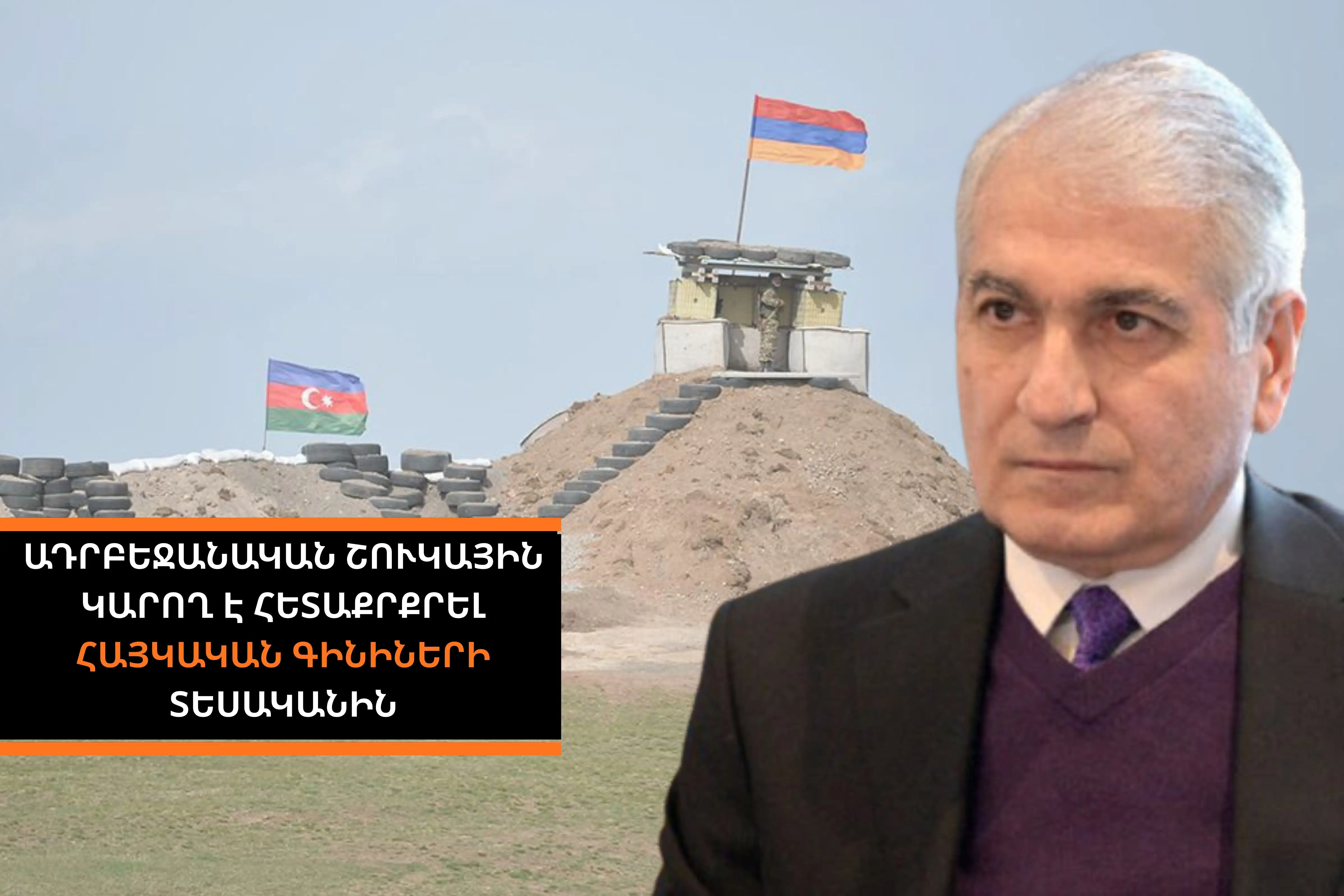Radar Armenia's interlocutor is international affairs expert Shahan Gandaharian.
-A new situation has emerged in the negotiations to resolve the Russian-Ukrainian conflict. US President Donald Trump has announced his deadline for resolving this conflict. Will concrete decisions in this direction be possible in the coming months?
- The logic of deadlines in political statements is a means of pressure and a negotiating factor. No day or month has been announced here; there is talk of an indefinite deadline. The US is most interested in seizing Ukraine's mineral resources. The rest is used for this purpose.
- The Russian position aligns with the US; the task is to get Ukraine to agree to a ceasefire. Trump even noted that negotiations with Zelensky are now more difficult. Why did Zelensky adopt such a position, what are his motives, and with whose support is he acting?
– Zelensky cannot act independently of the US. Washington is talking about its readiness to accept certain Ukrainian territories as Russian territory. The game is played out in terms of mines and territories. Zelensky was forced to give the mines to the US and the territories to Russia. This is the central axis of trade. However, Moscow realizes that the US is already present, directly or indirectly, in its border regions.
- In this context, there are publications in the American press about the general principles of the peace agreement. To what extent do they satisfy the interests of the parties?
- For Kyiv, they will not be acceptable, especially regarding the renunciation of territories.
- At the same time, the US is involved in nuclear negotiations with Iran. If US-Russian relations improve, is it possible that this will happen at the expense of Iran? For example, will Russia "sacrifice" Iran?
- I do not think that Russia will benefit from this agreement. In exchange for giving up nuclear weapons, Iran demands the complete lifting of the blockade, de-isolation, and denuclearization of the region. The agreement seems to have been largely reached; the details are being clarified. Moscow itself may be uneasy about the proposed agreement. That is why Tehran's representatives leave for Moscow after each stage of the negotiation process.
– In this context, how do you assess the negotiations with Iran, considering that the third round of indirect talks is starting?
– Positive from an Armenian perspective. The Iranian Deputy Foreign Minister suggested that Yerevan formalize the areas of cooperation into a contract. For Iran, the border with Armenia remains the safest way to deblockade. This, of course, also stems from Armenia's interests.
Arman Galoyan


















